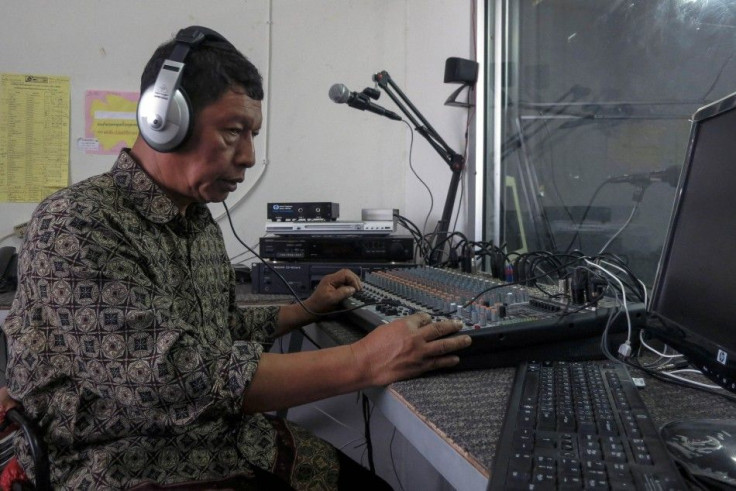Job Cuts in Radio Australia, Fairfax Radio Value Reduced by 50%

It is a sad day for the mainstream radio industry in Australia on Monday, July 14, as Radio Australia anticipates major job cuts. However, this fact-of-life among employees of being axed during hard times could be an opportunity for broadcasters to try new platforms to continue with their careers.
The job cuts at Australia Network television service is part of its management's proposal for a new converged services for the network's international broadcasting outlets.
Speculations on the jobs to be shed has created fear among Radio Australia workers and Australia Network as the employees anticipate a number of its services within the region abandoned with the planned reduction of the public broadcaster's $35 million yearly budget for international broadcasting to shrink to just $15 million.
To worsen matter for the affected radio staff, the job cuts would be on top of redundancies at Australia Network and shutter of the transmission in September after finishing only one year of its 10-year agreement with the Department of Foreign Affairs and Trade.
Also expected to get the axe are Radio Australia's language service, while ABC News 24 will remain the foundation of the international service with some specialised news and current affairs content on the service.
Meanwhile, Fairfax Radio network's market value has been cut by 50 per cent months after the offer to buy it for $200 million came from John Singleton of Macquarie Radio Network. The lower valuation of $100 million happens amid continuous struggle of 2UE and 4BC in the Sydney and Brisbane markets.
The abandoned Macquarie $200 million bid led to 2UE shareprices declining 3.8 per cent, while the station's breakfast programme logged a 3.3 per cent share in the fourth radio ratings survey of the year, believed to be the lowest every share recorded in the breakfast slot by 2UE. It is the same slot that Alan Jones topped over 10 years ago.
In the same survey, 4BC, which also initiated a revamp in late 2013, cut further its listeners' share by 0.6 points to 4.9 per cent. In a bid to boost its share, 2UE will roll out a new marketing campaign to include TV commercials on Seven and Nine.
2UE and 4BC are said to be dragging the network's financial standing, while 3AW and 96FM in Perth is boosting its finances. 2UE is estimated to have lost over $5 million in 2012-13, while 4BC lost $3 million.
2UE General Manager Chris Parker said, "What we're trying to do is arrest the decline and improve what have been poorer than expected ratings results. We've got a very clear plan and will require some fine tuning, but it doesn't happen overnight. We are continuing to invest in 2UE. It turns 90 next year and our plan is to get it to 100."
These recent developments points to the changing landscape of the broadcast industry as both mainstream and new media forms battle for their share of the advertising revenue and listenership share.
One alternative that broadcasters who may be affected by the job cuts is to use the Software-as-a-Service platform from Audioboom Group PLC (LSE: BOOM.L) that allows straightforward upload or download of content. BBC is one of the users of this SaS platform.
Audioboom has positioned itself as the global leader in spoken audio content, or the audio equivalent of the YouTube, the most popular video sharing site.
The UK-based publicly listed company is the provider of social media platform for audio producers to record either live or from the studio, upload and share audio by syndication and social media sites such as Twitter and Facebook.
By tapping these social media sites, audience reach expands dramatically since the popular microblogging site and favourite social media site have millions or even billion of followers in different parts of the world.
At present, Audioboom has about 2,000 content channels from the initial 19 channels during the platform's launch in March 2013, said Rob Proctor, company CEO. Audioboom currently has 2.5 million registered users and 12 to13 million monthly active users across platforms.






